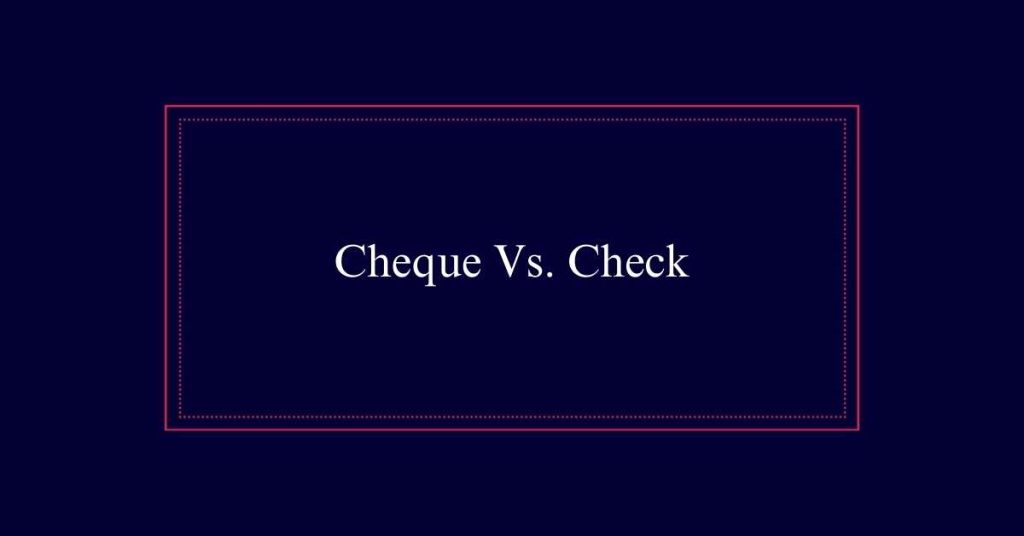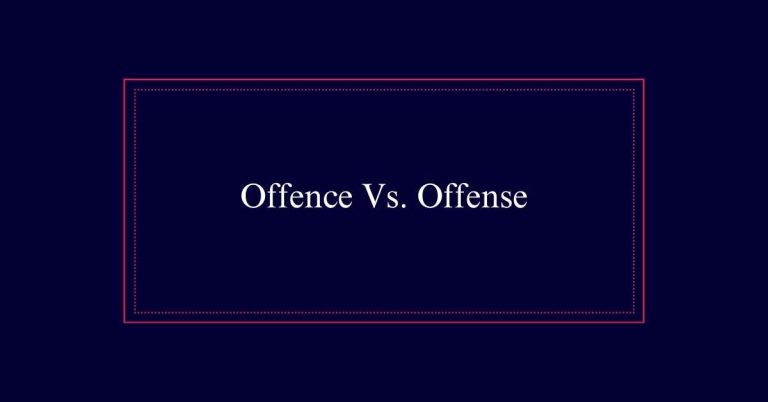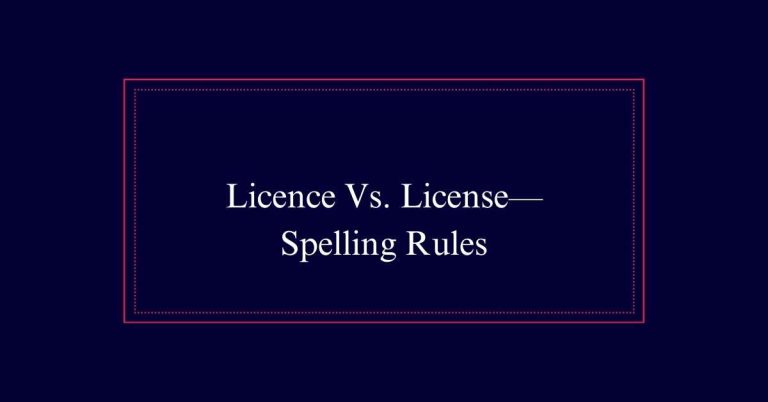Cheque Vs. Check
The terms ‘cheque’ and ‘check’ refer to the same financial document, directing bank payments. The main distinction lies in spelling: ‘cheque’ is used in British English, while American English uses ‘check’. This difference stems from linguistic evolution and regional preferences.
Despite digital banking’s rise, both remain integral for personal and business financial transactions. The term ‘cheque’ is prevalent in the UK, Canada, Australia, and New Zealand, whereas ‘check’ is standard in the US.
Meaning of Cheque
A cheque is a financial document that directs a bank to pay a specific amount of money from a person’s account to another individual or entity. It serves as a written promise to transfer funds and is a common method for transactions.
The term ‘cheque’ is mainly used in British English, while the American spelling is ‘check.’ This spelling difference originates from French, with ‘cheque’ being more commonly used in regions like Australia and New Zealand. Regardless of spelling, the function remains the same: facilitating bank withdrawals.
Cheque in Australia and New Zealand
In Australia and New Zealand, the term ‘cheque’ is commonly used to refer to both financial documents and wages. This usage aligns with British English spelling conventions. A cheque is a written order directing a bank to pay a specific amount from a person’s account to another entity.
While electronic payments are increasingly prevalent, cheques remain in use, especially for significant transactions or wage payments. Employers may issue cheques to employees as a method of disbursing salaries. The term ‘cheque’ is well understood in both personal and business contexts across these countries.
Origin of Spelling
The spelling ‘cheque’ originates from French, reflecting its historical roots in the language. The term entered English through the Old French word ‘eschequier,’ meaning a chessboard, which later evolved to refer to a banking document. Over time, ‘cheque’ became the accepted spelling in British English and other Commonwealth nations.
The French influence on English financial terminology is evident in many words. This adoption was part of the broader Norman influence on the English language after the Norman Conquest of 1066. The word ‘cheque’ was standardized in British English to maintain consistency with its French origin.
American Term: Check
While ‘cheque’ retains its French influence in British English, the American term ‘check’ has become standard in the United States. This term is widely understood and accepted in various contexts.
In the U.S., ‘check’ is primarily used as a financial instrument to withdraw funds from a bank account. However, the term has other uses as well, making it versatile.

Here are some key points about ‘check’ in American English:
- Financial Instrument: Used to pay money from a bank account.
- Verification: Refers to examining or inspecting something.
- Control: Implies limiting or restraining an action.
- Mark: Indicates placing a tick or mark for confirmation.
Financial Document Differences
Despite their similar functions, the terms ‘cheque’ and ‘check’ highlight regional spelling differences between British and American English.
Both refer to a financial document instructing a bank to pay a specified amount from a person’s account. In the UK and other Commonwealth countries, ‘cheque’ is the standard spelling, while ‘check’ is used in the United States.
The document itself serves the same purpose globally: to facilitate payments without the need for cash. However, the spelling can denote the writer’s geographical or cultural context.
Regional Spellings and Usage
Understanding regional spellings and usage is crucial when writing for a global audience. The term ‘cheque’ is commonly used in British English, while ‘check’ is the standard in American English. This difference can impact how your writing is perceived and understood.
Here are key points to keep in mind:
- British English: Uses ‘cheque’ for a financial document.
- American English: Uses ‘check’ for both financial and non-financial contexts.
- Australia and New Zealand: Use ‘cheque’ similarly to British English.
- Global Audience: Choose spelling based on your target readers.
Financial Context Examples
Financial documents like checks and cheques are frequently used to withdraw funds from bank accounts. In the United States, the term ‘check’ is standard, while ‘cheque’ is used in the United Kingdom and other Commonwealth countries.
For instance, a business might issue a check to pay a supplier in the U.S., whereas a company in the UK would issue a cheque for the same purpose. Both documents require the account holder’s signature and relevant banking details. Despite the spelling differences, their function remains the same.
Whether it’s a check or a cheque, this financial tool facilitates transactions by directing the bank to release funds to the specified recipient, ensuring smooth business operations and personal financial management.
Check in Literature
In literature, the term ‘check’ often appears in metaphorical and nonfinancial contexts, enriching the narrative with layered meanings. Authors utilize ‘check’ to convey various nuanced themes and emotions. Here are four notable applications:
- Emotional Restraint: Characters may ‘check’ their emotions, suggesting a struggle to maintain composure.
- Moral Boundaries: ‘Check’ can imply a moral or ethical limit, representing internal or external constraints.
- Progress Interruption: In narratives, a ‘check’ might symbolize an unexpected halt in plans or developments.
- Power Dynamics: The term is often used to reflect control or regulation within relationships or societal structures.
Nonfinancial Uses of Check
The term ‘check’ extends beyond its financial implications, finding diverse applications in everyday language. It often means to inspect or verify something, such as ‘check the weather’ or ‘check your email.
In sports, ‘check’ can refer to a move, like in hockey where players ‘check’ opponents to gain control of the puck. Additionally, ‘check’ in chess signifies putting the opponent’s king under direct attack.
The word also finds use in everyday expressions such as ‘checkmate’ or ‘check in’ at hotels.
Audience Considerations
Understanding the broad usage of ‘check’ highlights the importance of considering your audience when choosing between ‘check’ and ‘cheque.’ Knowing the preferred spelling and usage can enhance clarity and professionalism in your writing. Here are some audience considerations to keep in mind:
- Geographical Location: Use ‘check’ for American audiences and ‘cheque’ for British, Australian, and Canadian audiences.
- Context: Financial documents typically use ‘cheque’ in British English regions, while ‘check’ is standard in American English.
- Audience Familiarity: Consider your audience’s familiarity with either term to avoid confusion.
- Consistency: Maintain consistent spelling within the document to guarantee readability and coherence.






